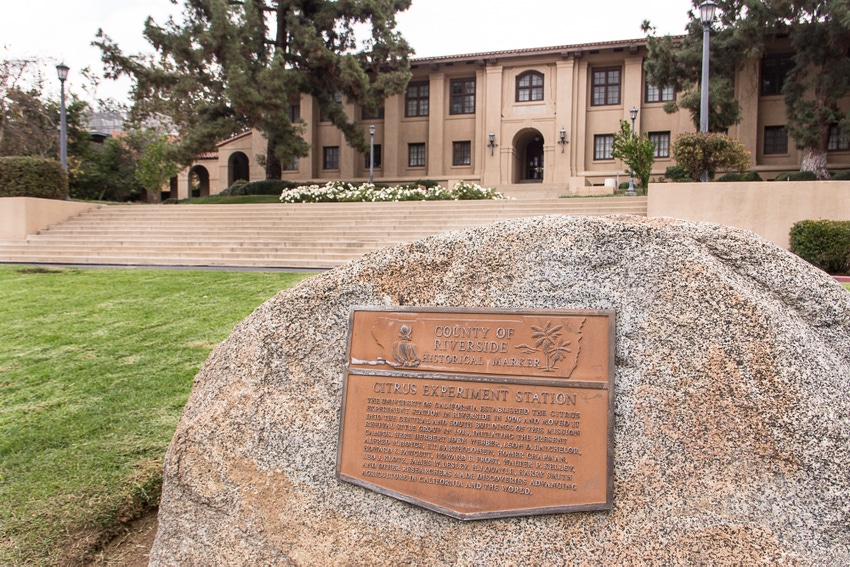May 13, 2014

I’ve shared bits of this story with some of you yet it bears repeating as we celebrate 100 years of beneficial research and advice to America’s farmers and ranchers from America’s land grant universities.
My fascination with agriculture developed when I was assigned the Ag beat with a daily newspaper. I quickly learned just how important agriculture was to the area I was living in at the time and the different things those who worked in it had to accomplish on a regular basis.
What impressed me about growers, dairy producers and others was matched in scope when I learned what the various farm advisors and their peers on university campuses do to help commercial growers improve yields, increase efficiencies, control dangerous pests – in short, turn a profit.
Cooperative extension does so much more. Its small-farm farm advisors and master gardeners work with homeowners and those with very small growing operations produce a crop; its 4-H advisors work with youth, teaching them a host of skills that will stay with them the rest of their lives.
American agriculture owes much of its success to the land grant institutions and the work of cooperative extension. In my state that institution is the University of California. The farm advisor has proven to be an invaluable part of the commercial farming operation, regardless of its location in the United States.
Which is why national and state policy needs to carefully evaluate current attitudes and reaffirm philosophies set forth 150 years ago when the first of three federal acts was passed that would eventually create the land grant colleges and appropriate federal dollars for agricultural research. The goal then wasn’t to build state-owned farms, but to provide a very necessary tool for farmers as they sought to grow the crops to feed their own families and produce that which the free market would buy.
One Central California mayor was recently reported as wanting to make his city the “Silicon Valley” of agricultural food processing. The crux of the article was his recognition of the jobs and stable tax base such businesses provide. Those jobs and those businesses don’t happen in a vacuum, Mr. Mayor. Your community’s success will only happen when you and others like yourself promote policy that perpetuates the ability of growers to produce what the marketplace wants.
Agriculture flourishes under a system that protects consumers without stifling effective farming practices. It also succeeds when agriculture has adequate access to water, land and the research necessary to overcome the various challenges growers face. Those are all policy decisions and core philosophies that must be perpetuated for the benefit of American agriculture.
Congratulations to the land grant colleges for 100 years of dedicated service to agriculture. Your efforts are noteworthy; your research has helped growers prosper and develop new products for a growing global marketplace. Your dedication to good science is laudable. You have not only helped farmers, you have benefitted us all. Thank you.
Follow me on Twitter @ToddFitchette or email me at [email protected]
You May Also Like




